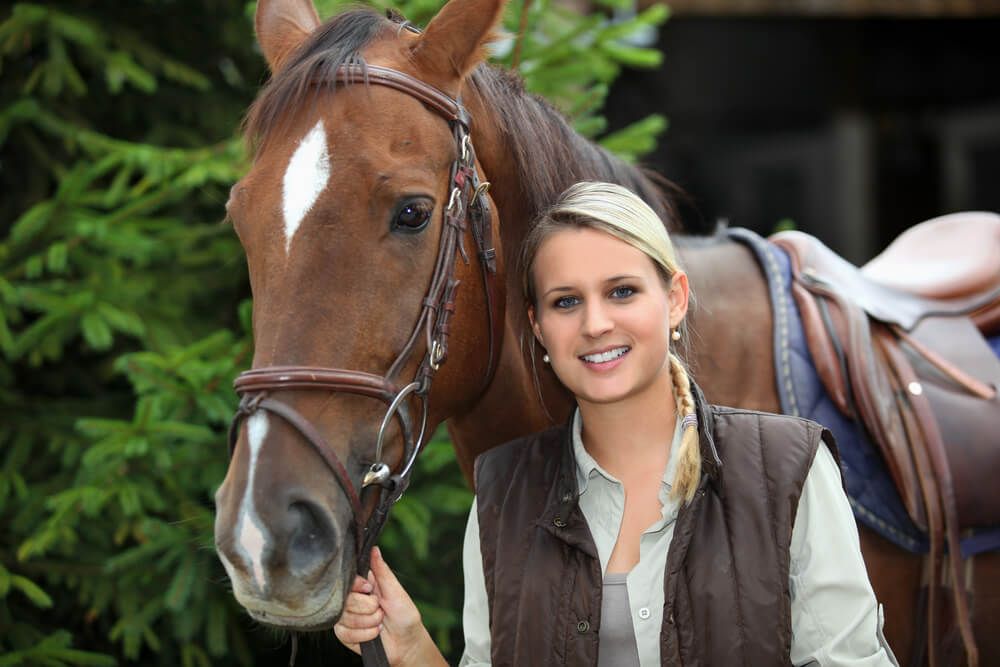Caring For The Older Horse & Pony
- By Michael Harrison
- •
- 13 Oct, 2017
- •
Feeding
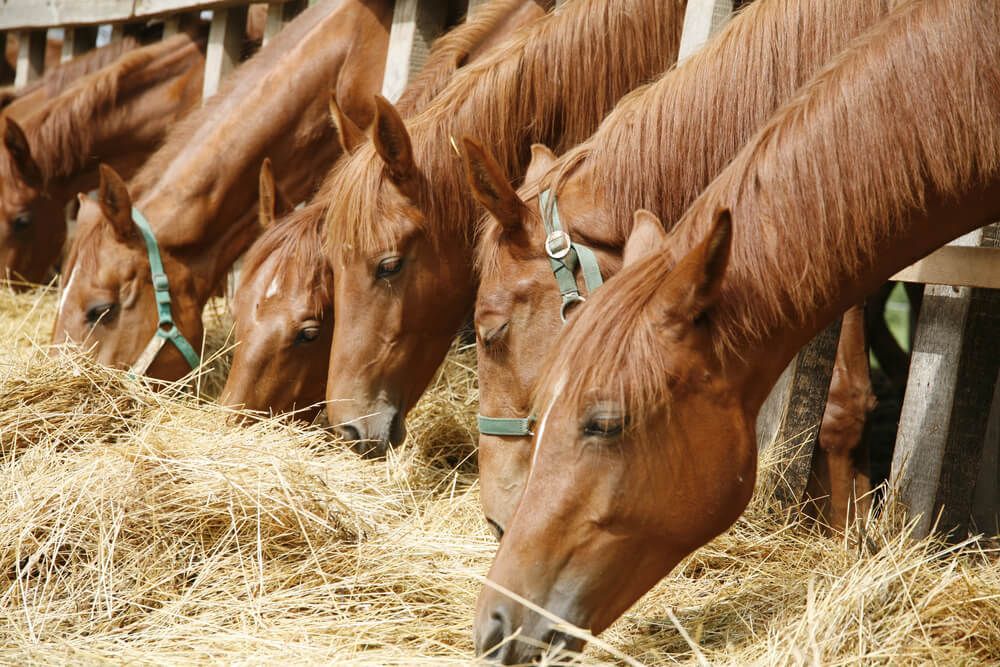
This is more important if the horse is still in work. There are several commercially-available feeds specifically made for the older horse and your veterinary surgeon will be able to help you decide which would best suit your requirements. A multi-vitamin and mineral supplement will be necessary if you are not feeding a 'complete' feed. If pasture is poor in quantity, hay should be fed.
This need not be best quality but should be readily digestible. Clean water must be available at all times.
Teeth & Feet
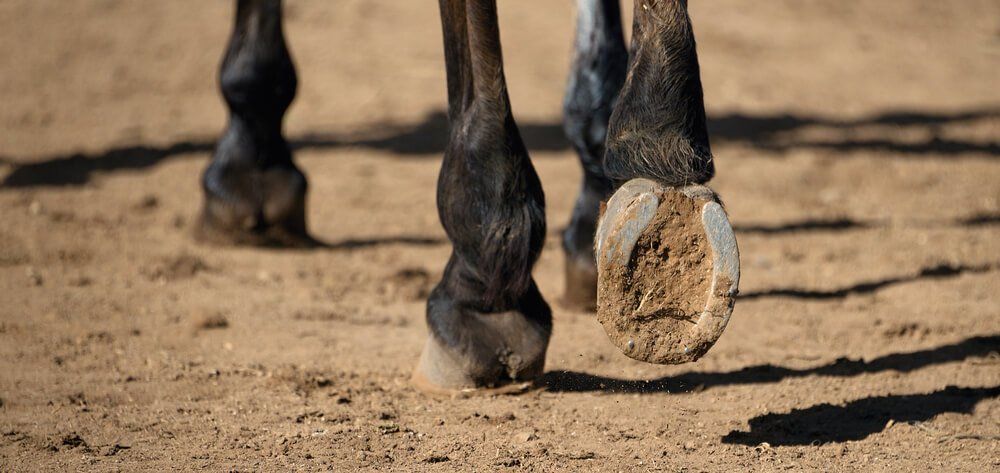
Regular attention to teeth will enable the older horse or pony to make best use of the feed that he/she is receiving. A visit by your veterinary surgeon or an equine dental technician (EDT) recommended by your veterinary surgeon, once or possibly even twice a year, is necessary to ensure that sharp enamel edges or overgrowths do not form. Tooth damage and abnormal growth can be recognised and dealt with.
Equine teeth get harder as they get older and abnormal growth problems are usually easier to correct at earlier rather than later stages. In the very old horse and pony, some teeth may be missing or in very poor condition and these may be very difficult to improve. The earlier abnormalities are dealt with, the better for the horse.
Feet should be kept picked out and regularly trimmed even if the horse or pony is not being exercised. This not only helps him/her move about but reduces the risk of abnormal hoof conditions and associated foot pain developing, which may interfere with his/her ability to eat and will help maintain quality of life.
Disease Conditions
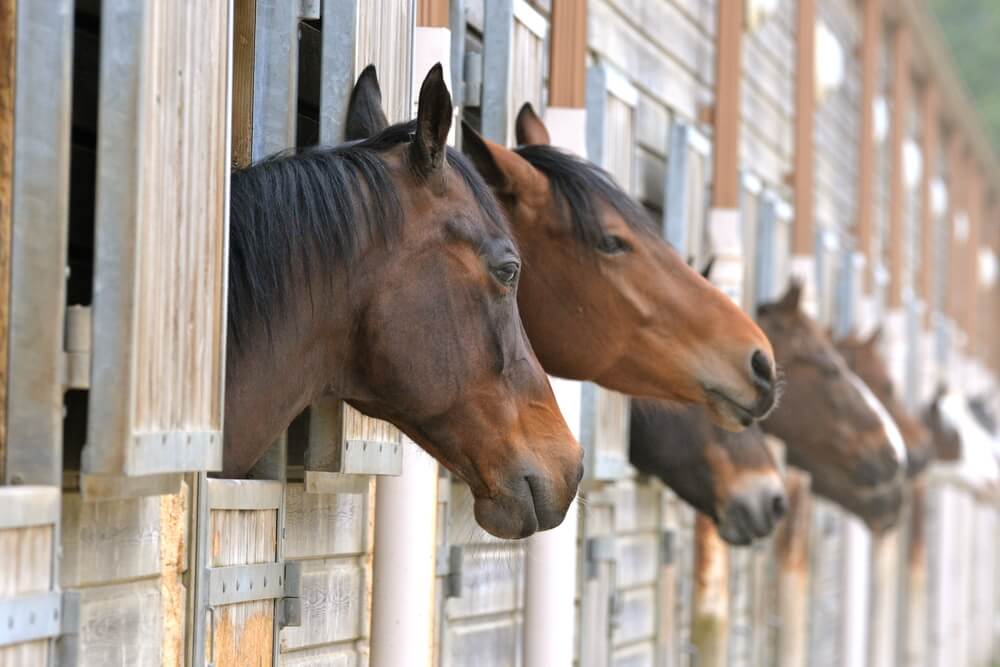
This seems like a daunting list but most horses and ponies can and do lead happy and comfortable lives even in the presence of one or more of these conditions. Attention must be paid to appetite, attitude, and response to the environment and owners should look out for behaviour changes which indicate poor health.
A periodic blood check for signs of infectious, inflammatory, parasitic and metabolic diseases may be a helpful measure. In many cases all that is required is a little extra care, e.g. making feed more palatable or more appealing, either by changing it to a specialised ration or by the addition of treats such as chopped apples, carrots and molasses.
Vacination
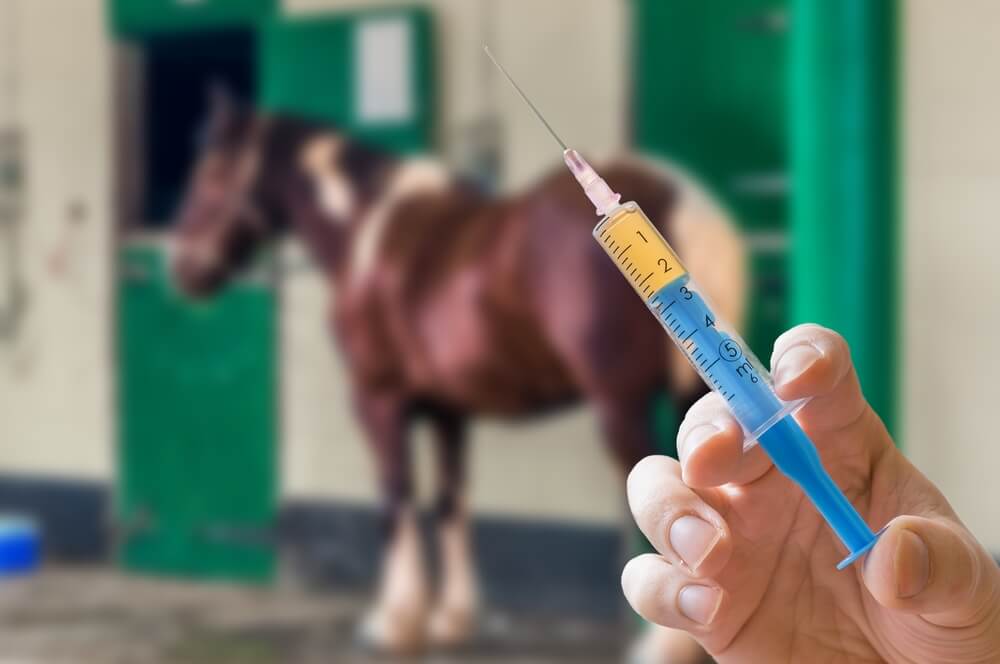
This means that appropriate targeted anthelmintic treatment can be given and unnecessary overuse or misuse of worms can be avoided. This is becoming increasingly important as more resistance to the few available worms is being detected in some worm populations.
And Finally ...
However, it is important that we make sure that they are still enjoying their lives. This can be clearly and honestly assessed by those who know them by their demeanour and their behaviour. Old horses and ponies should not be left to suffer. When they are no longer enjoying themselves, for incurable reasons and this becomes clear, humane euthanasia should be discussed with your veterinary surgeon, earlier rather than later
However painful a decision this may be to you, it will be a kindness to your friend.
